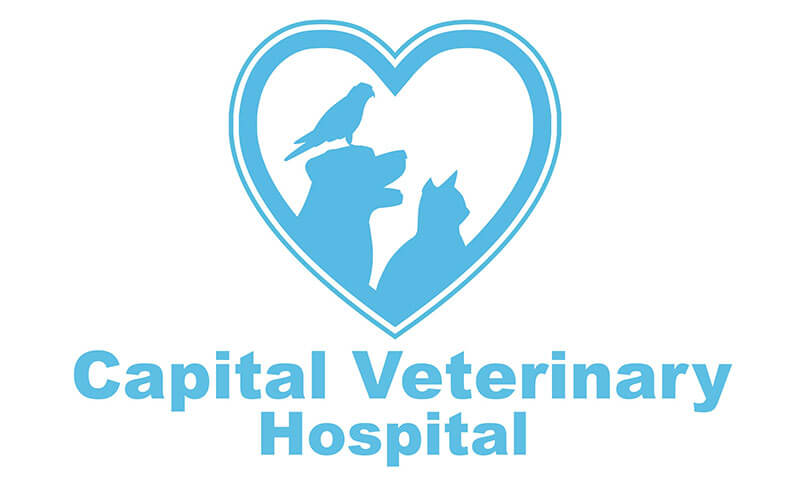Leptospirosis is a zoonotic, bacterial disease that can infect over 150 different species of mammals, including dogs, cats, and humans.
Symptoms may be mild, but in some cases are severe and life-threatening. Clinical signs include vomiting, diarrhoea, lethargy, loss of appetite, fever, jaundice (yellow colouring of the skin and mucous membranes), and respiratory difficulty.
If your pet is unwell and you are suspicious of leptospirosis, a veterinarian will run a blood test and urine test to determine the diagnosis. Recommended treatment usually involves a course of anti-biotics, however, if the infection is severe a more intensive treatment of hospitalisation for intravenous fluid therapy, ventilation, and dialysis may be required.
Rodents, wildlife, and livestock can carry the leptospirosis bacteria. The most common carrier of this disease is mice and rats. Direct or indirect contact with urine from an infected animal in water, soil, vegetation, food, or bedding can spread the disease. The bacteria lives best in warm, slow-moving water after heavy rains or flooding and if conditions are favourable, can survive for months.
Vaccinating your dog will offer the best chance of protection against Leptospirosis. They initially require a course of two doses over a 2–4-week period, and then annually for the rest of their lives. Vaccinations do not provide full protection against the disease; however, it reduces the severity of their symptoms and increases their chances of recovering significantly.
Restricting your dog from swimming or playing in lakes, ponds, or other sources of stagnant water will help reduce their risk of contracting the disease. It is important to practice good hygiene and wash your hands regularly to avoid the disease spreading from animals to humans.
